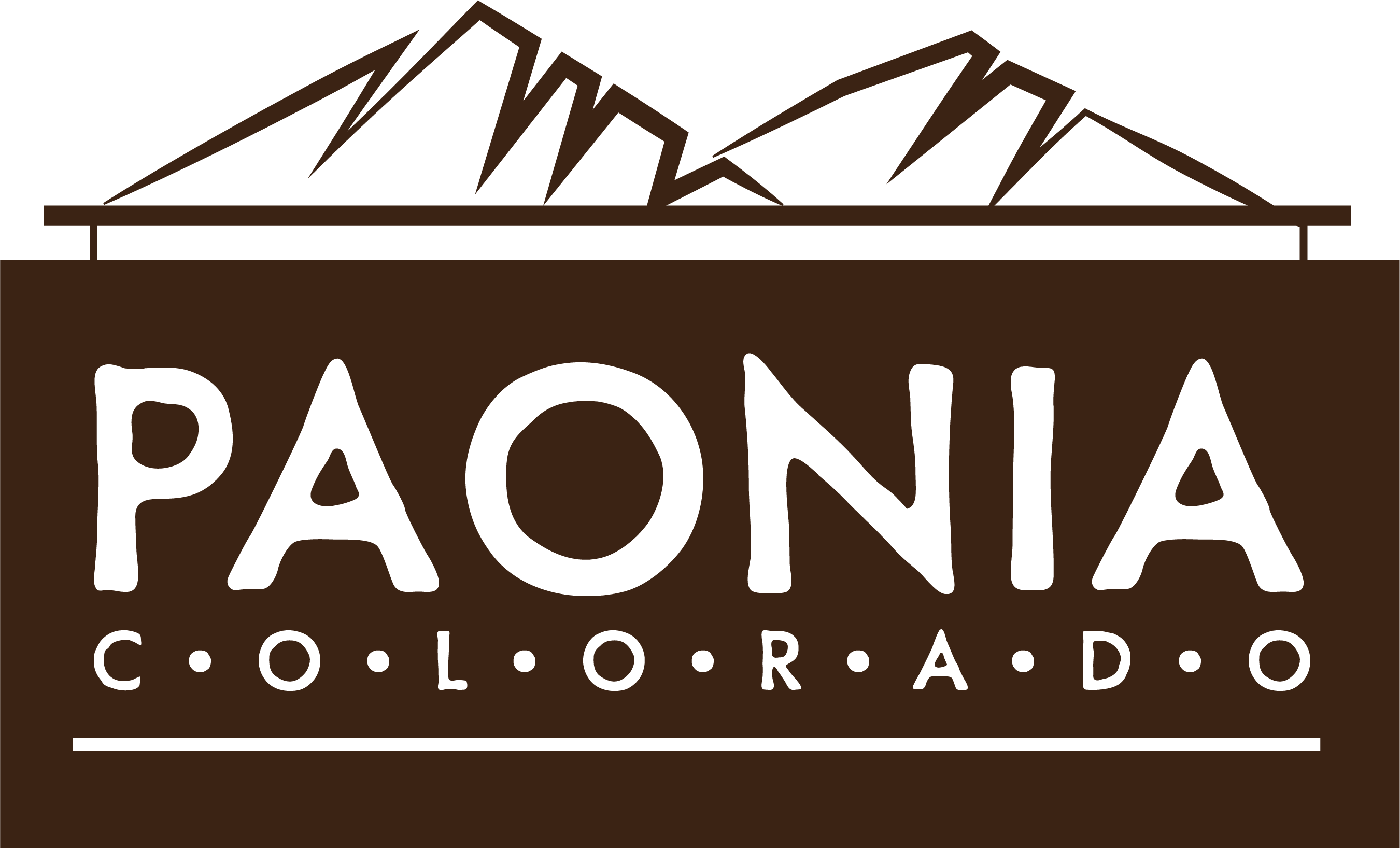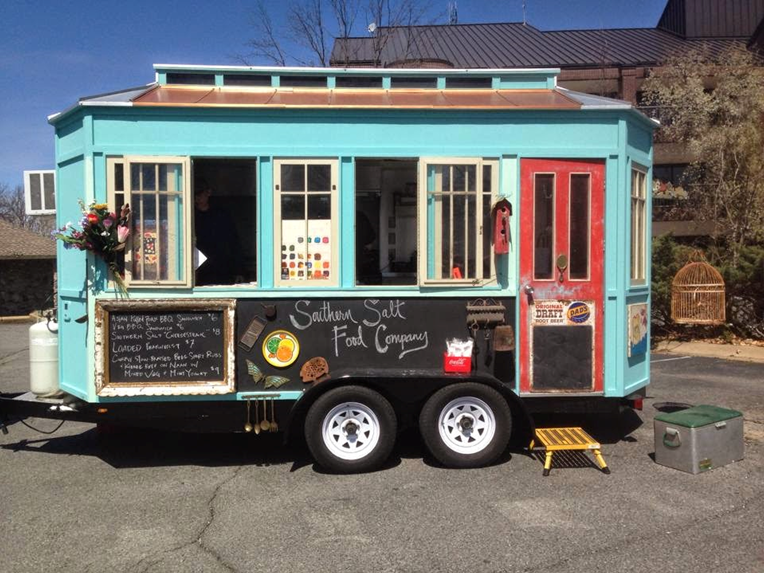Let’s Talk! Food Trucks Follow-up
- Thanks all who attended and watched via YouTube! I believe the Town received good feedback and ideas for a direction moving forward. More to come! Corinne
Notes from the talk session:
- Central Location
- Host food trucks at town property across from library
- Concerns
- Town’s liability
- Town competing with private businesses
- Town sponsoring one type of business
- Not a continuous, safe walking path from downtown
- Concerns
- Allow people to park in central location and offer electric bikes to get around town
- Shuttle from town parking lot to other areas/businesses
- Host food trucks at town property across from library
- Permits and Fees
- Taxes and accountability for food trucks are unclear
- Permitting and local versus county versus state regulations are not easy to follow
- There’s a lack of understanding from both sides
- Suggestions:
- Make sure that all food businesses are abiding by regulations and keeping our community safe
- Work on standard county-wide regulations for food trucks
- Review Denver’s toolkits for foodtrucks for ideas
- Revisit business licensing (for property owners/landlords)
- Require a permit for transient businesses of all kinds
- Provide a Q&A on the town website
- Suggestions:
- Specific Location at First and Grand
- Food truck patrons block driveway at First and Grand
- Suggestions:
- Signage beside driveway
- Signage on street
- Physical barrier
- Suggestions:
- Food truck patrons block driveway at First and Grand
- Food Trucks: Cons
- Adequate parking for food trucks
- Counterpoint: Businesses on Grand Ave do not generally have private parking
- Suggestion: Require property owner to abide by setback, parking rules
- Availability of restrooms
- Zoning
- Counterpoint: brick and mortar and food trucks are limited to zoning that allows food businesses
- Property tax
- Counterpoint: building is an appreciating asset and truck is a depreciating asset
- Property taxes for food truck areas are paid by other private land owners
- Overall expense of a food truck is much lower
- Suggestions:
- View food trucks as a stepping stone to brick and mortar locations
- Incentivize/improve costs to open a brick and mortar restaurant
- Suggestions:
- Unfair competition
- Counterpoints:
- Should restaurants be denied liquor licenses because they compete with breweries?
- Brick and mortar business doesn’t feel threatened because if they offer a good product consumers will come
- Counterpoints:
- Brick and mortar losing business to food trucks (Subway)
- Counterpoint: Subways around the country are going out of business because of changing consumer preferences
- Adequate parking for food trucks
- Food Trucks: Pros
- Greater diversity
- Food trucks help fill the gap for specialty foods that could not be afforded by brick and mortar locations or not available full-time
- Counterpoint: Town is too small to support food trucks in addition to restaurants
- Food trucks bring people to town
- Food truck patrons often visit other local shops
- Market Awareness
- People are unaware of the number and type of food choices available in our community
- The town should encourage and work with all food providers
- Businesses should do market studies
- The town must understand what makes it special to bring people in (example: Marble)
- Understand your market (locals versus tourists, cost per plate)
- The town should put more effort into understanding how to draw people into town
- One Way Streets
- It would reduce parking
- It seems like too much for a small town
- Counterpoints
- It provides expanded outdoor seating (example: Crested Butte)
- It could support pedestrians and bicyclists
- Counterpoints
- Suggestion: Temporary one-way street so the community members can see how it would work and make an informed decision
Q: What is required by the state to open a food truck in Paonia?
A: There are several state-level requirements:
- You must obtain a Colorado Retail Food License
- You must meet the requirements of Chapter Nine of the Colorado Retail Food Establishment Rules and Regulations (6 CCR 1010-2)
- You must obtain a sales tax number from the State Department of Revenue
Q: How do I get a Colorado Retail Food License?
A: Contact the Delta County Environmental Health Division for assistance at 970-874-2165
You can also access the application here: http://www.deltacounty.com/DocumentCenter/View/898/Application-for-Retail-Food-Service-License?bidId=
Q: What are the Colorado Retail Food Establishment Rules and Regulations?
A: You can read the full rules and regulations here: https://www.colorado.gov/pacific/sites/default/files/Reg_BOH_RetailFoodRegulations.pdf
Chapter 9 (starting on page 101) is specific to mobile food establishments.
Q: How do I get a sales tax number?
A: Visit https://www.colorado.gov/pacific/tax/how-apply-colorado-sales-tax-license
Q: What costs are associated?
A: The cost of the plan review for the Retail Food License is $100, with excess review time over 2 hours billed at $40/hour. Additional services such as a walk-through inspection are billed at $50/hour. You can learn more here: http://www.deltacounty.com/262/Food-Establishment-Licensing
Q: Where can I set up?
A: You can set up on private property in commercial zones (C-1, C-2) with property owners' permission. You can review Paonia's zoning here: https://townofpaonia.colorado.gov/sites/townofpaonia/files/2020-12/2018…
Q: What is required by the Town of Paonia?
A: The following must be provided to the Town prior to doing business within Paonia
- A copy of your Colorado Retail Food License
- A copy of your Colorado Sales Tax License
- The legal address of your proposed locations(s)
- Written permission from the property owner to do business at those locations
- A signed agreement stating that you will abide by town zoning and setback requirements, and that you will ensure that your vehicle, accessories, and patrons do not encroach on streets or sidewalks

